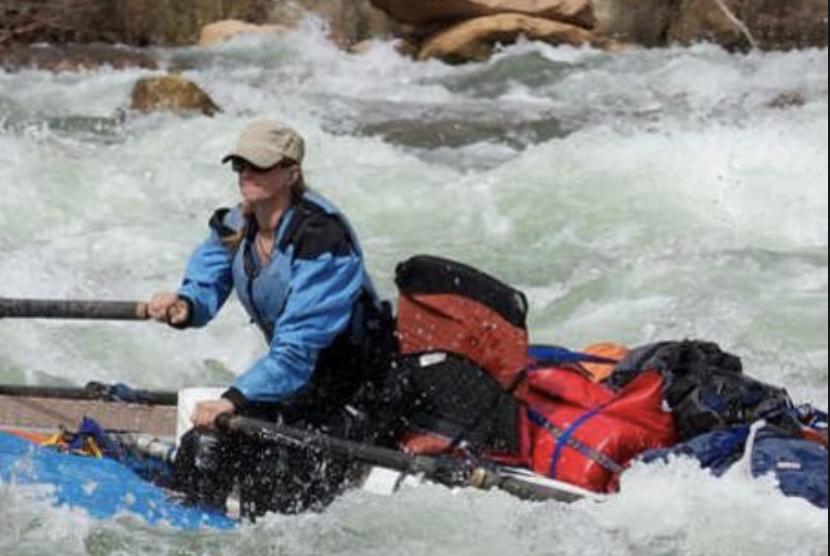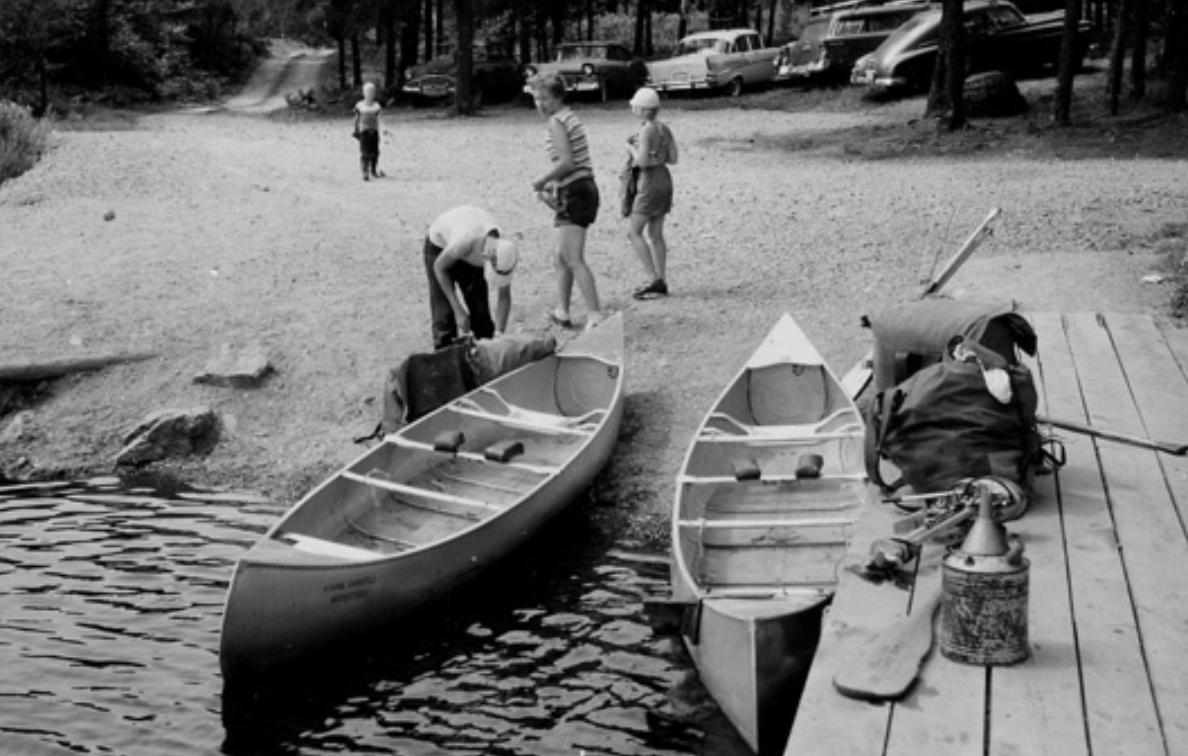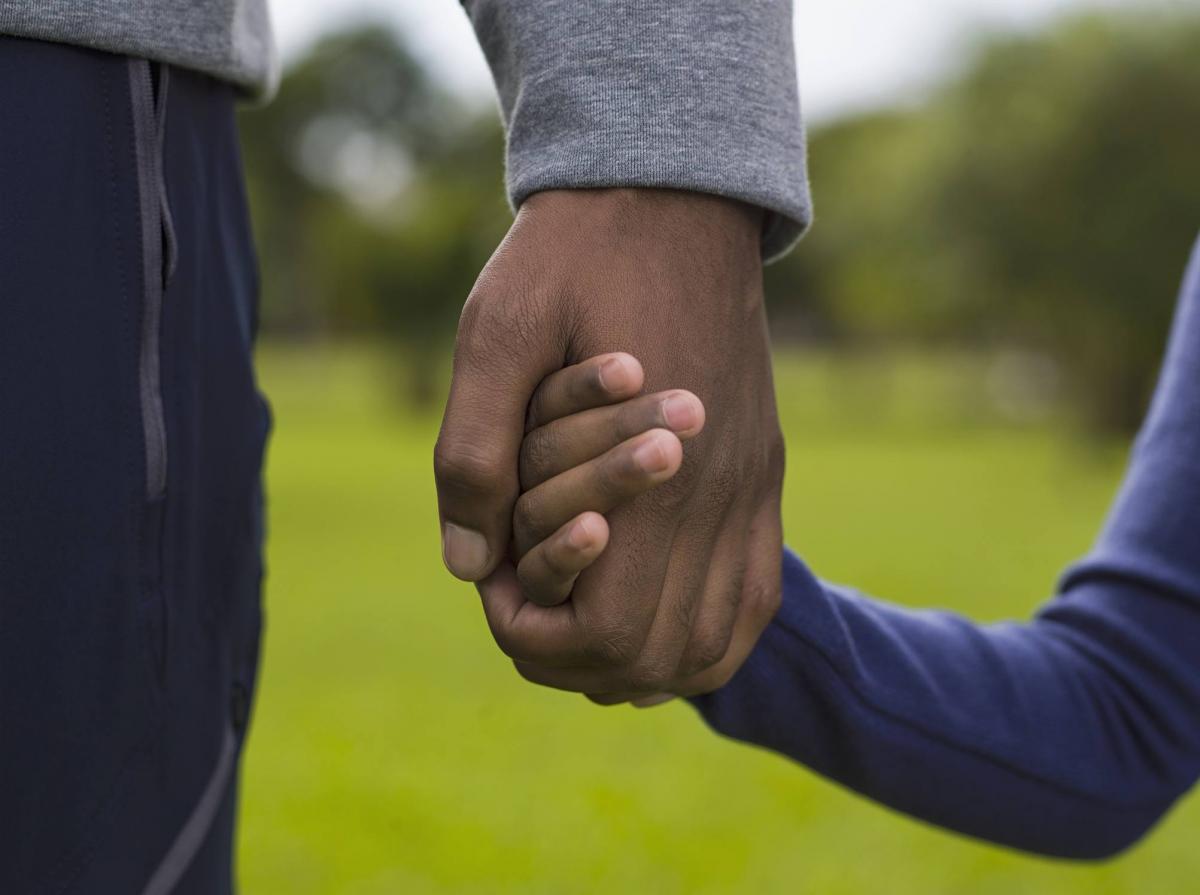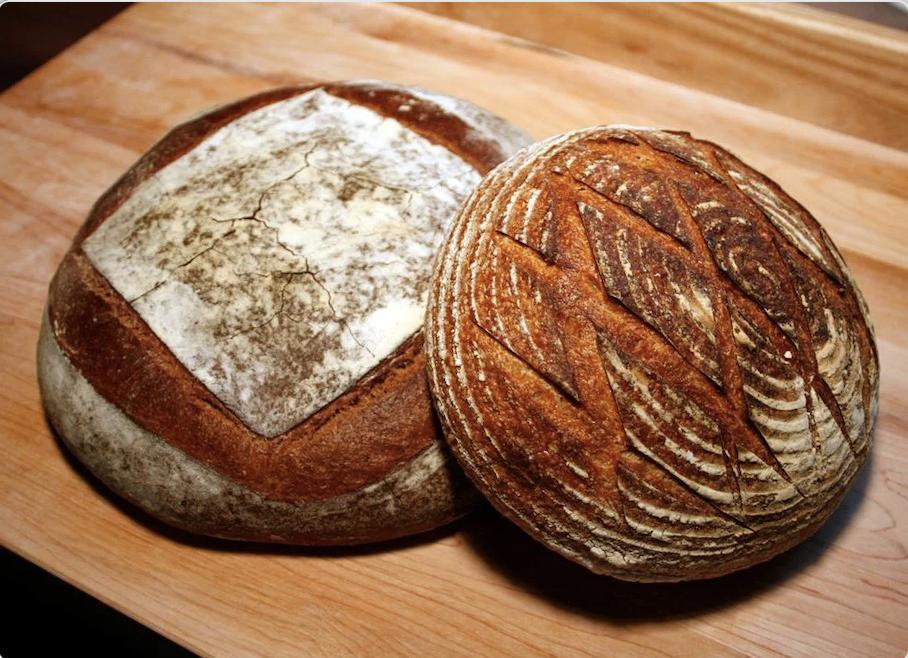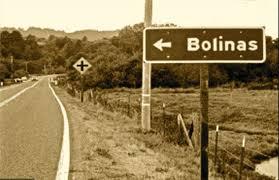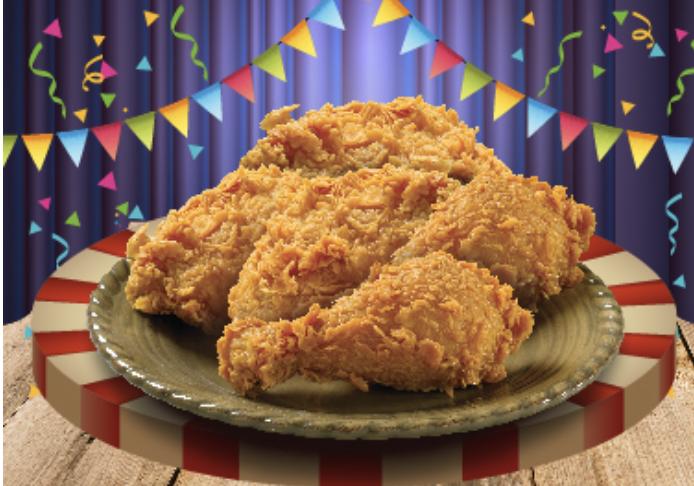Author’s Note: I thought the best way to capture the Insurrection of Jan. 6, 2021, was to make the day’s most famous headgear a narrator for the event. This is the first (and only) poem that I have written from the viewpoint of a hat. A class taught by Maryland poet Ann Quinn inspired me to try this technique, and it made this poem so satisfying to write.
The Horned Hat at the Insurrection
Stitched by minnow fingers
pebble-skipping over tufted
fake fur, one of oh-so-many,
I confess I was meant
for a stage smaller than this.
A community production
of O, Pioneers! perhaps?
God, look at me, I grand marshal
this snake train of tobacco-
stained, piss-scented
would-be Vikings,
the haberdashery helming
a pinwheel platform.
Circling parquet corridors
with flags and the false GPS
of rigged moral compasses,
oh, they are indeed pioneers.
Bow hunters—Antaeus waiting
for a fist fight, forging ground
on hallowed ground.
Glory, I could have been a mascot,
a bombastic bison, big horned,
bugling, canon-shot badassery,
not the taxidermy footnote
in the unraveling of democracy.
⧫
Maryland poet Jessica Gregg is a former journalist whose poetry has also appeared in Broadkill Review, Canary, Yellow Arrow Journal, Global Poemic, Tiny Seed Literary Journal, and Art in the Time of Covid-19 from the American Writers Review. Her chapbook, News from This Lonesome City, was published in 2019.
Delmarva Review publishes evocative original poetry, fiction, and creative nonfiction selected from thousands of submissions annually. Designed to encourage outstanding new writing from the region and beyond, the literary journal is nonprofit and independent. Financial support comes from tax-deductible contributions, sales, and a grant from the Talbot Arts Council with funds from the Maryland State Arts Council. Website: DelmarvaReview.org.




